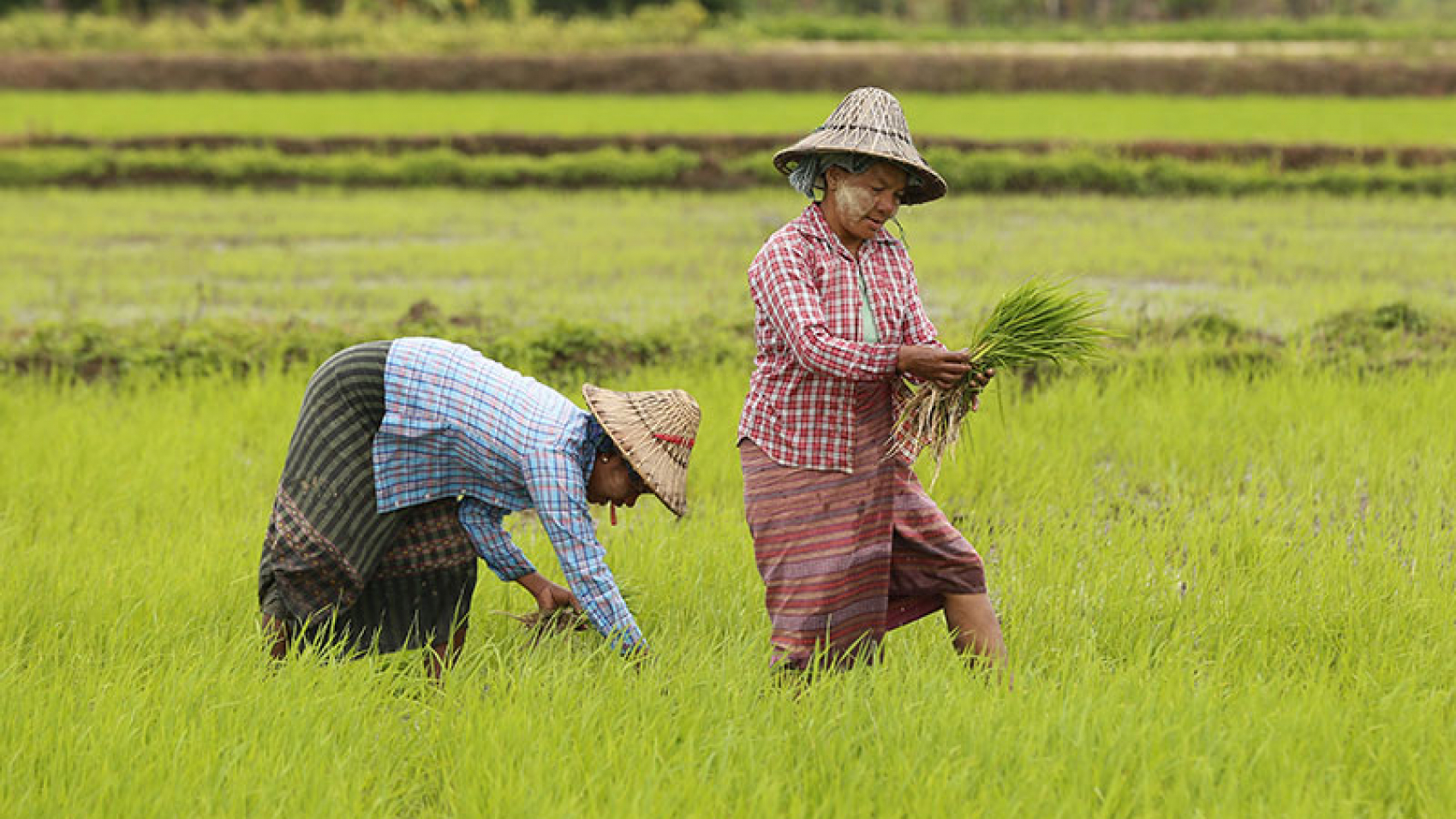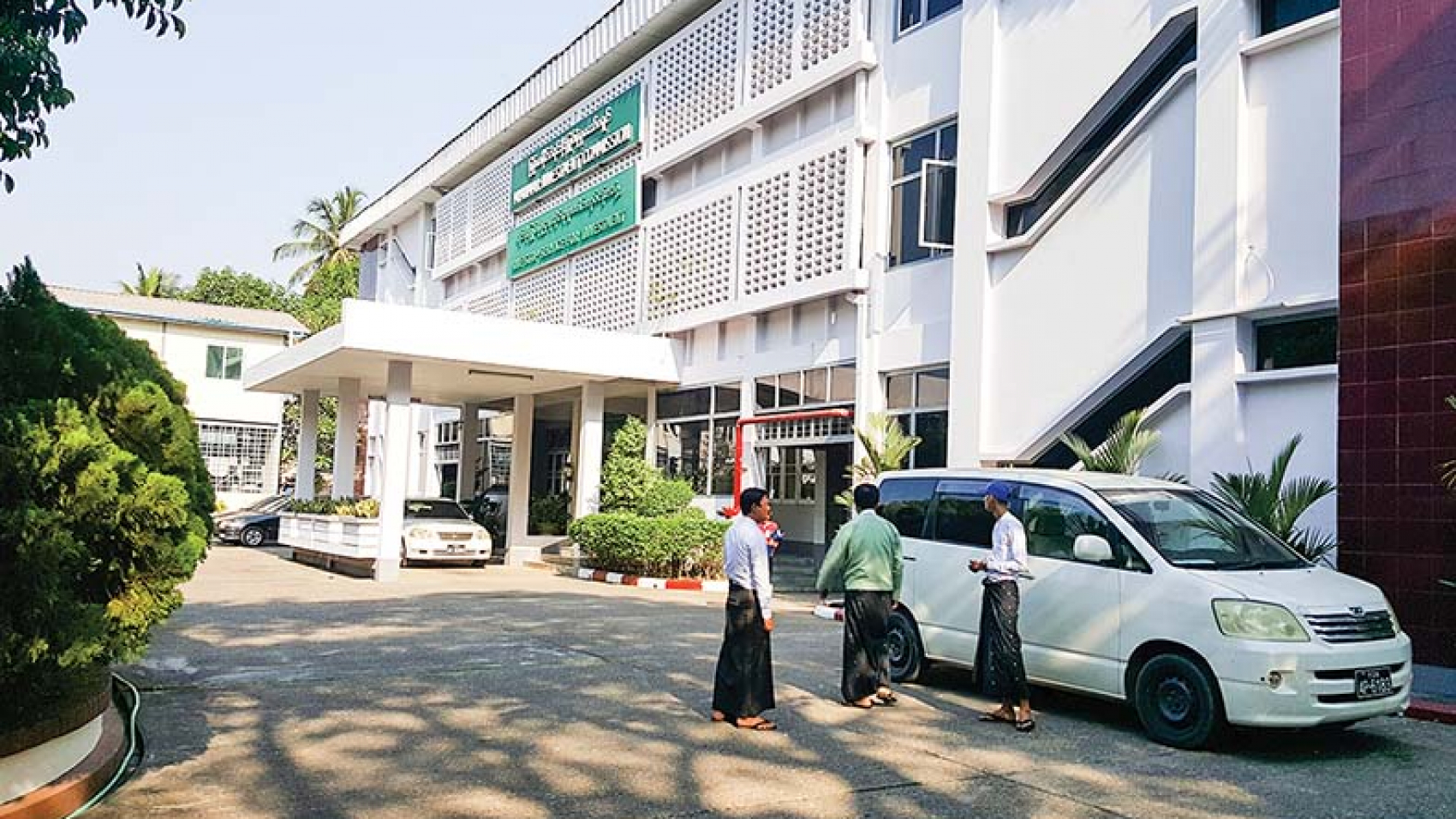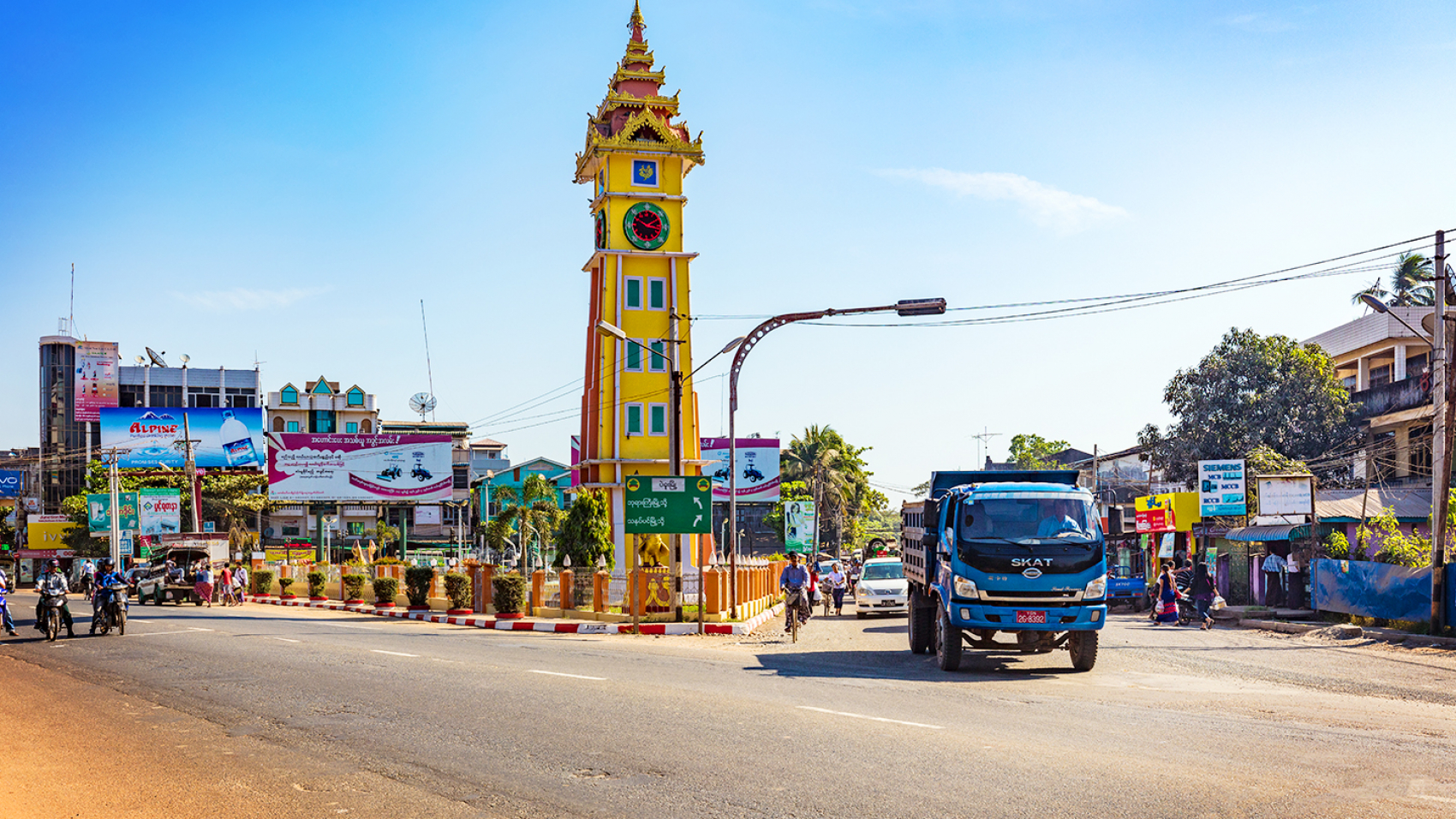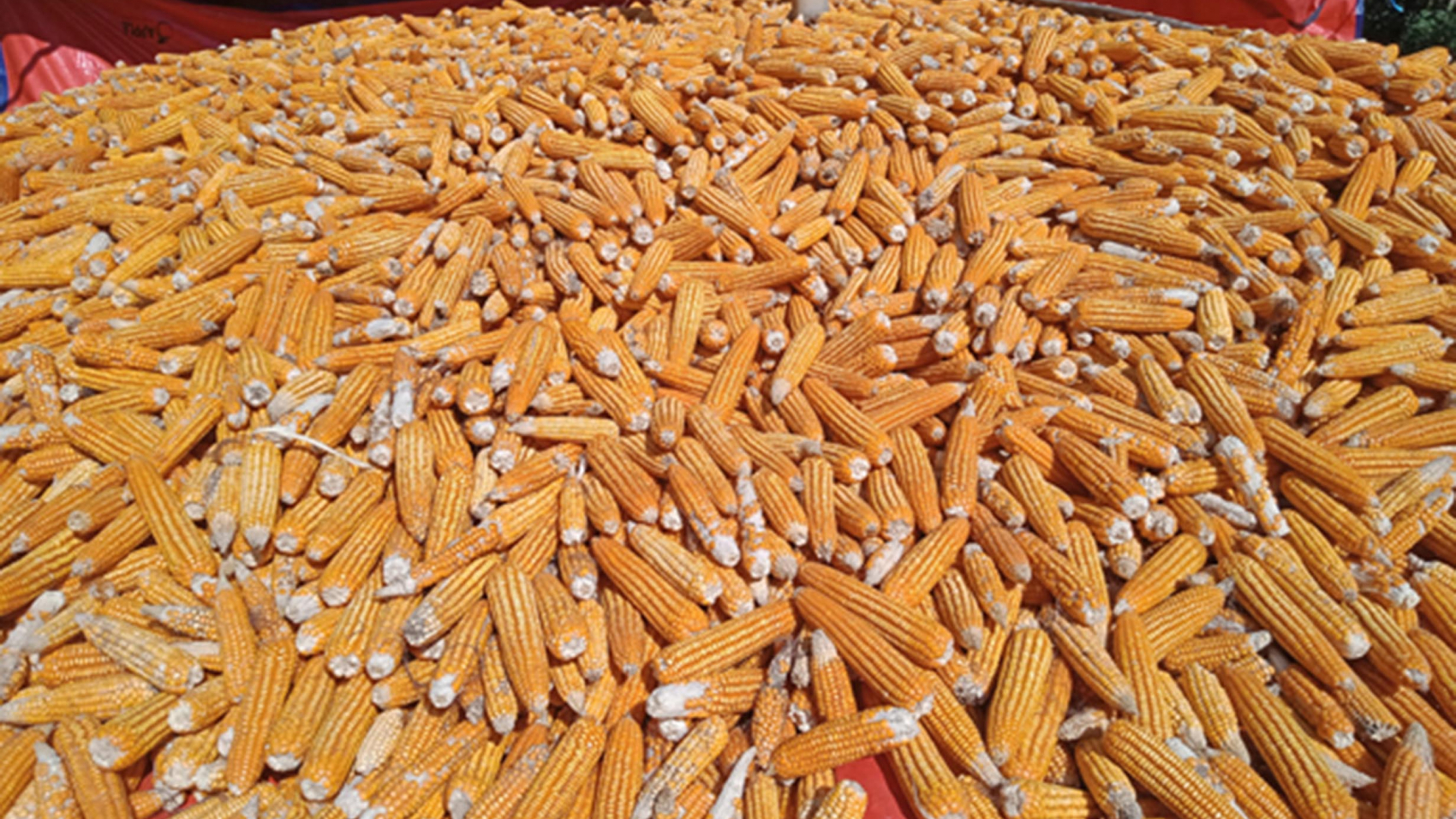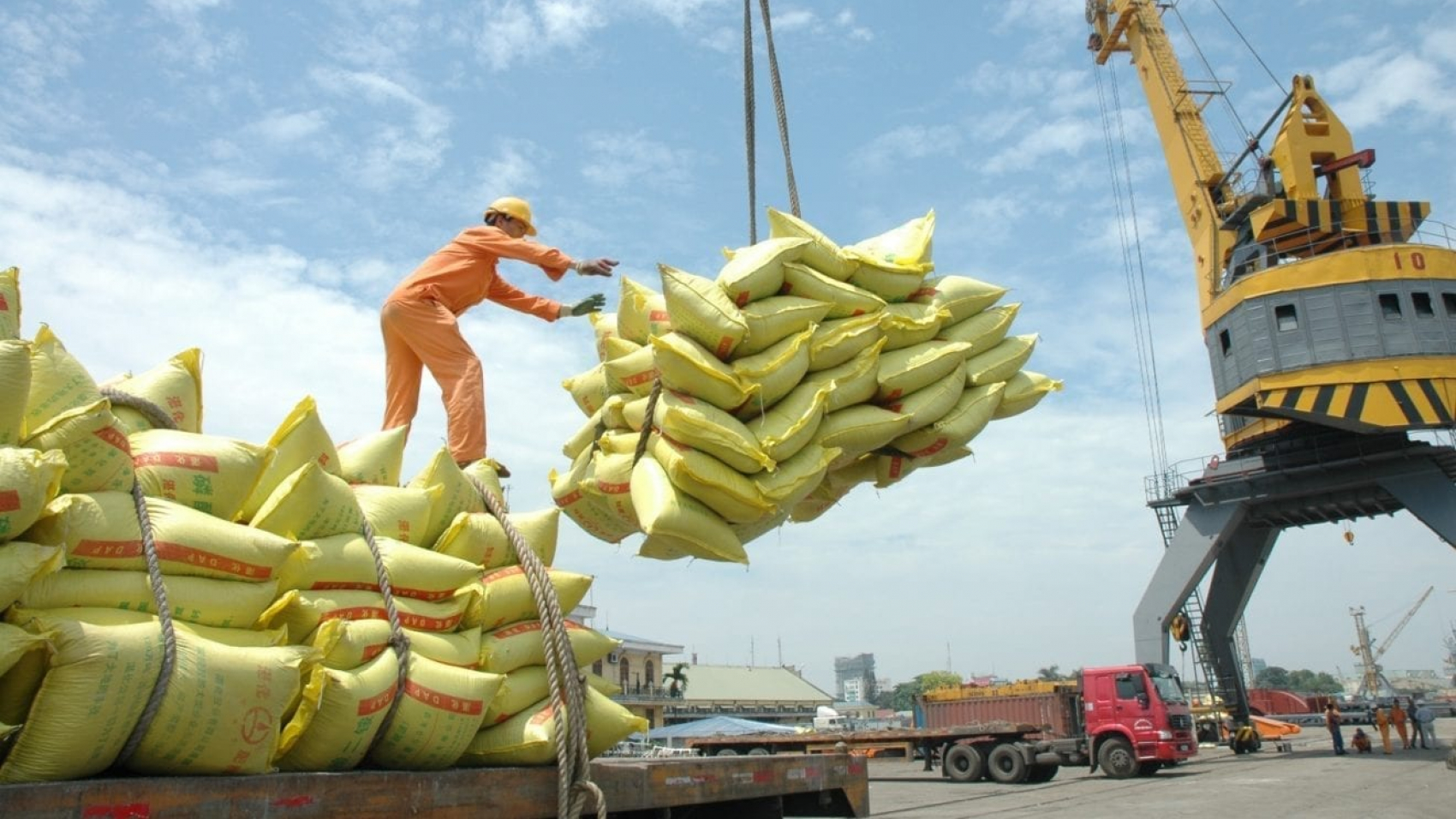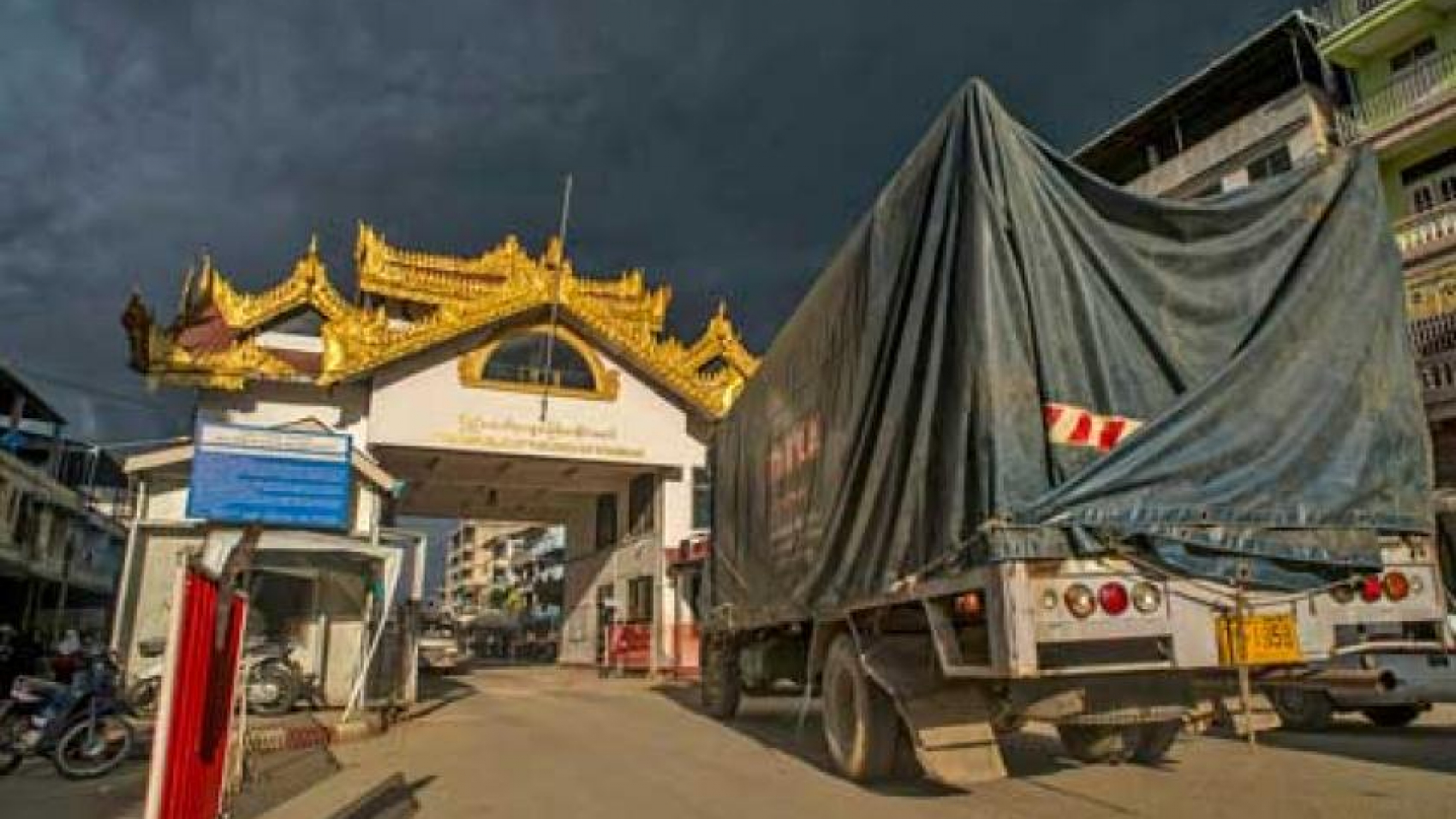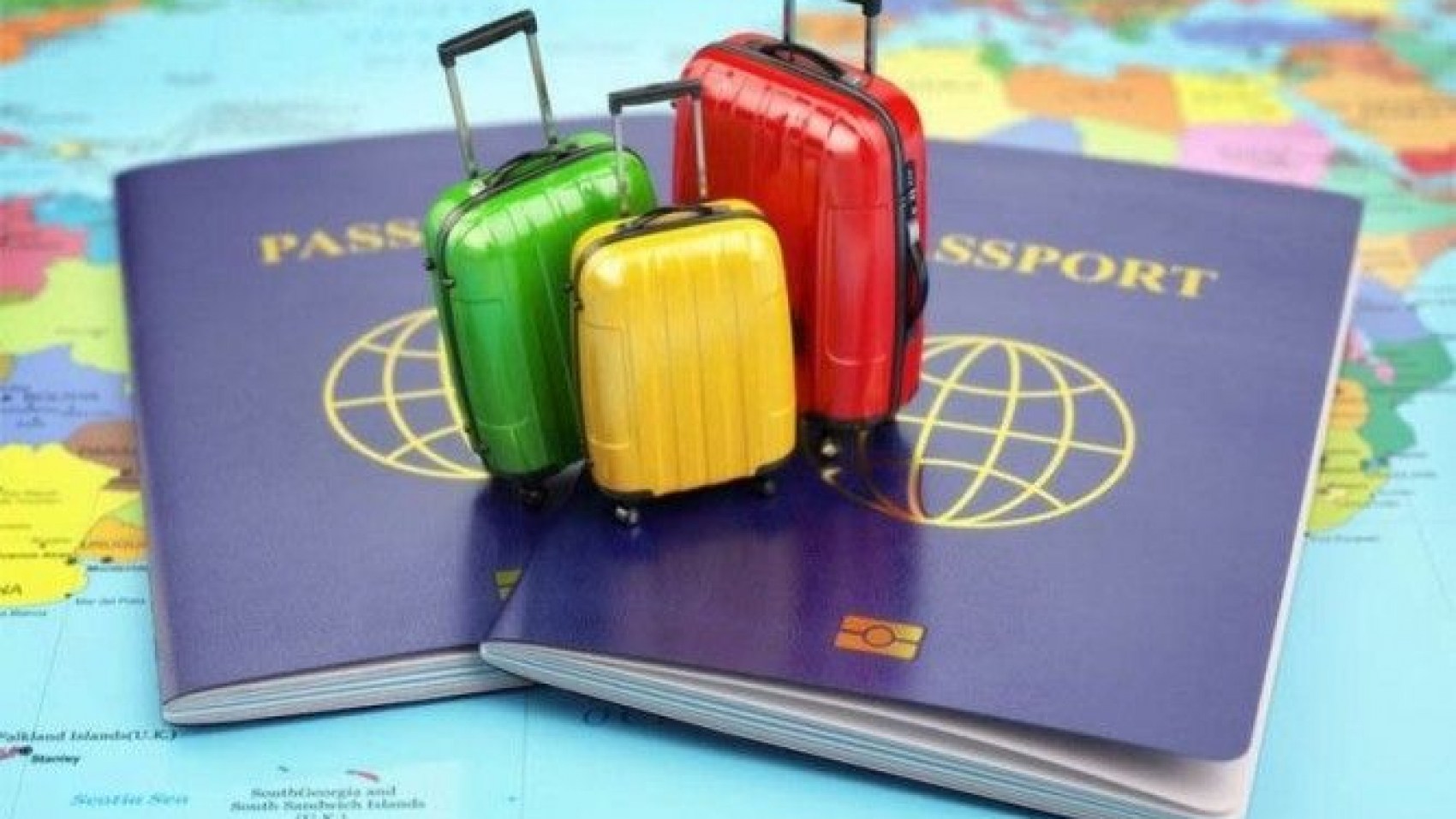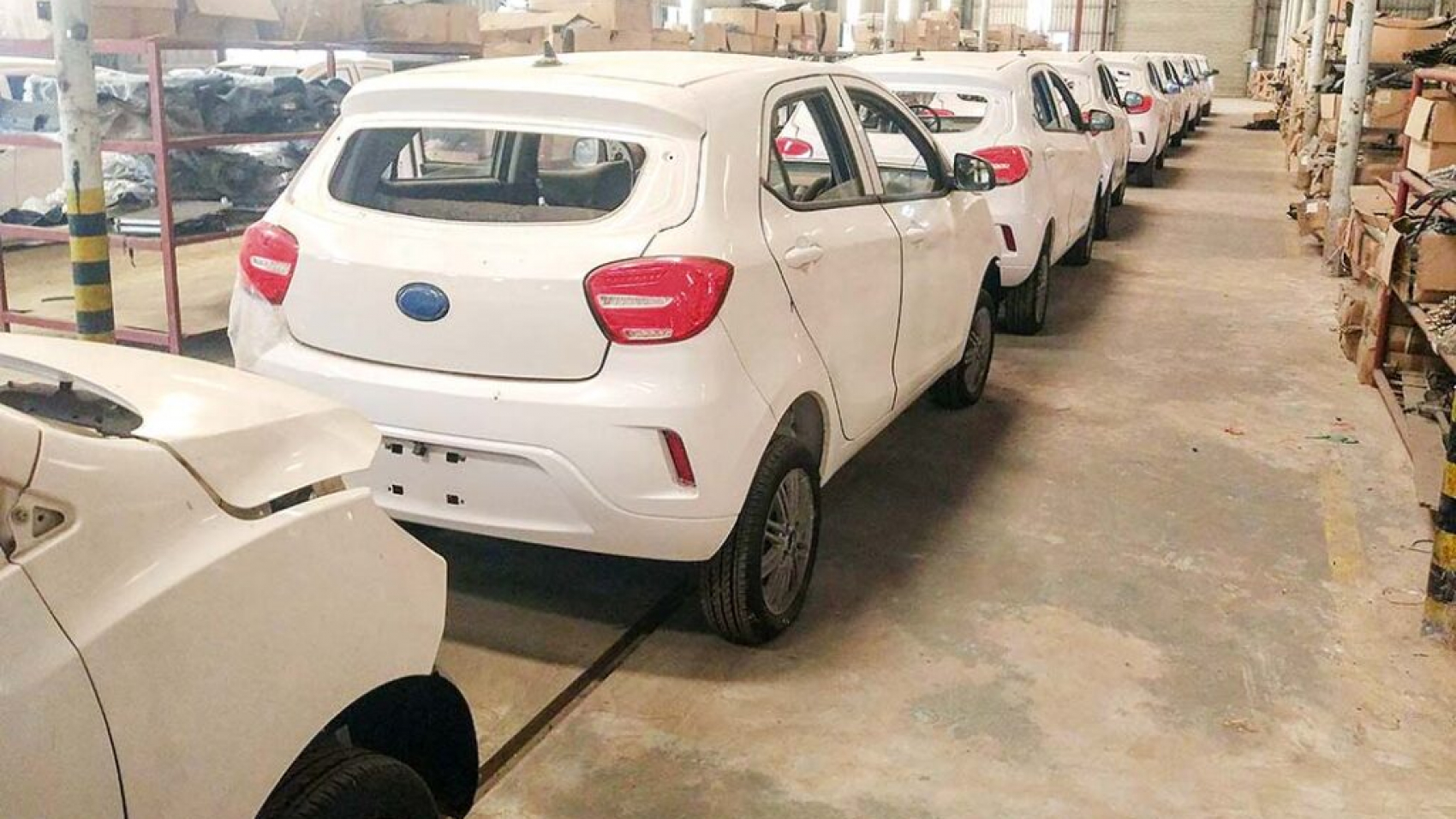In a bid to end the black market and stabilize the volatile prices, transaction of gold bars has to be carried out in the office of Yangon Region Gold Entrepreneurs Association (YGEA), said U Myo Myint, chair of YGEA. “Some traders manipulate the price outside the office. YGEA offers a lower price than the retailers. The cross-border smugglers buy them from the association, causing the price to fluctuate. Some resell them with a gap of K20,000-K30,000 on the digital platform. Such transaction is not allowed to make. The gold transaction can be undertaken inside the YGEA’s office.
Licence for gold bar transaction is also required,” said U Myo Myint. Additionally, YGEA urged the members and gold traders to make gold transactions with immediate payment. Cross-border trade is not allowed without reporting to the association, according to its statement released on 17 May. The statement includes seeking a trade licence for gold shops, a licence for gold bar transactions and taking actions against those unauthorized dealers involved in online trade platforms. After that, gold shops engaged in gold bar transactions must make an inventory list of gold bar and gold trading reports.
Those individuals and gold shops will face legal actions under the existing law if they fail to follow that statement, according to YGEA. Moreover, YGEA also decided on 4 May to import gold from foreign countries in the coming rainy season not to fall short of raw metal supply. Additionally, gold traders and retailers are urged to make gold transactions by adding up to K5,000 to the price set by YGEA. In a bid to stabilize the gold market, gold transactions had better made according to the reference rate of the Central Bank of Myanmar (K1,850), according to the CBM’s statement released on 3 April. YGEA called for an urgent meeting on 8 April.
The meeting determined to carry out gold transactions depending on the CBM’s reference exchange rate. However, it has not come into force yet, said U Myo Myint, chair of YGEA. The US dollar stands at K2,000 in the unofficial black market. The domestic gold price is highly correlated with the global gold price, YGEA stated. During the end of September 2021, a dollar value hit an all-time high of over K3,000 in the gold exchanges and consequently, the pure gold reached a record high of K2.22 million per tical in history. At present, pure gold is worth K2,040,000 per tical (0.578 ounce, or 0.016 kilogramme) in the domestic market, while the global gold price stands at US$1,822 per ounce.
Source: The Global New Light of Myanmar

